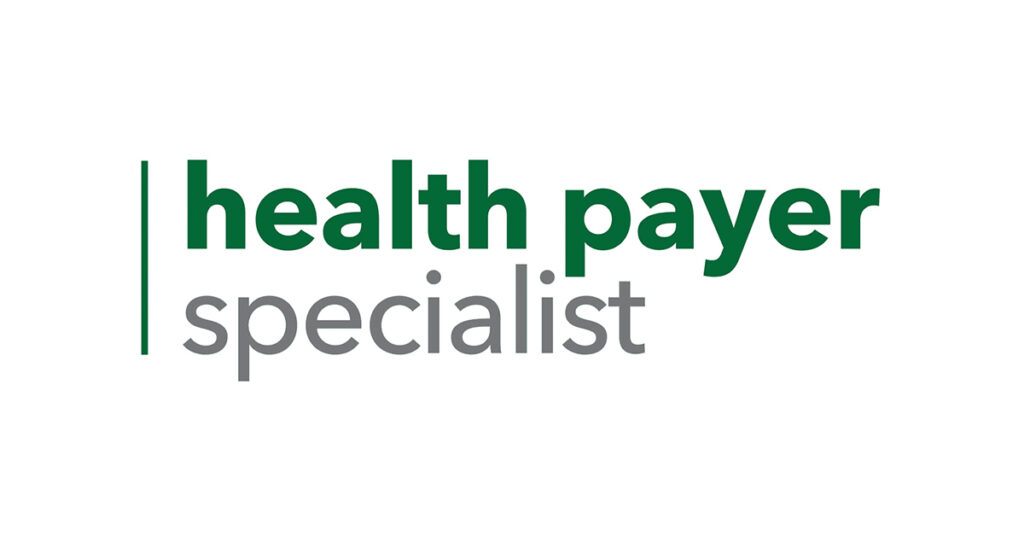While sexual harassment allegations and workplace violence have dropped as hybrid work becomes the norm, other forms of abuse—generally related to videoconferencing—have proliferated. And that can make claims harder to police and prove, experts say.
The Covid-19 pandemic has remade the American workplace at a level not seen since the introduction of the eight-hour workday a century ago.
Millions of individuals inured to being in the office Monday through Friday for decades of their careers now may appear there perhaps a day or two a week. Meetings and interviews that once took place over conference room tables now rely on remote software such as Zoom or Microsoft Teams.
According to the labor data firm Zippia, about 26% of U.S. employees currently work remotely. That’s down from the pandemic heights of mid and late 2020, but about five times the number of Americans who worked remotely before Covid-19 arrived on the scene.
With coworkers interacting with one another in dramatically different ways than just a few years ago, it raises a question: How has that changed the dynamics of workplace harassment? Have the rates dramatically fluctuated, or have they shifted into an entirely new realm?
Industry experts do agree on one thing – the tenor of workplace harassment tends to change over time.
“Workplace harassment has of course always existed, but how it is perpetrated and the way we understand it – and deal with it – tends to evolve with the times,” says Emily Miner, a director with LRN, which advises companies on corporate client issues, by email. She notes that after #MeToo took traction a half-dozen years ago, LRN was swamped by companies looking to either revise their codes of conduct or create them for the first time.
The number of complaints also shot up. According to Deb Muller, CEO of HR Acuity, a New Jersey-based workforce consulting firm, the number of harassment allegations made rose from 7.34 per 1,000 employees in 2017 to 10.87 per 1,000 the following year.




